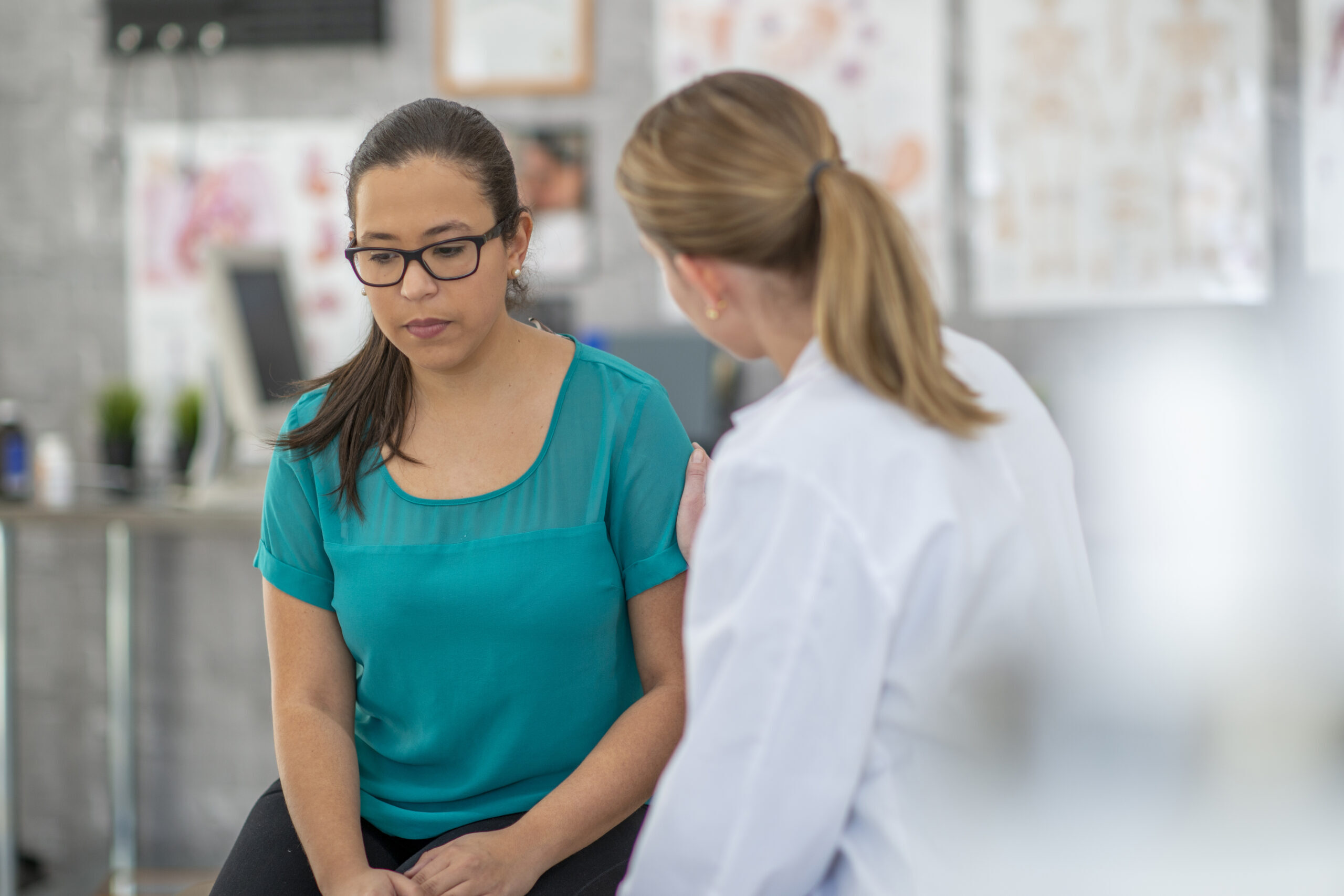Effective Endometriosis Treatment in the Greater NYC Metro Area
Get Tips for Living With Endometriosis With Help From MRSC
About 10-15% of women of reproductive age suffer from a condition known as endometriosis. Due to a lack of awareness, many women don’t even know they have it. This often leads to feelings of isolation, anger, distress, or anxiety, as they undergo painful menstrual cycles but are too afraid of being called sensitive to seek a medical diagnosis and help. As a premier endometriosis treatment provider in the Greater New York City Metro Area, Manhattan Reproductive Surgery Center (MRSC) presents tips for living with endometriosis. We’re committed to educating our patients so they can make well-informed decisions regarding their health and wellbeing. Reach out today for additional info about our effective endometriosis treatment to improve your quality of life.
What Is Endometriosis? What Are Signs of Endometriosis?
Endometriosis occurs when the body grows tissue that is usually found inside the uterus (endometrium) outside the uterus. This tissue may be found along the ovaries, fallopian tubes, and inside the tissue lining the pelvis. The misplaced endometrial tissue behaves the same as the tissue inside the uterus, building up and breaking down every month and causing bleeding. Ultimately, this leads to internal bleeding, which can cause inflammation, scar tissue, and even infertility. Endometriosis is often difficult to diagnose because its symptoms mimic many other conditions, including irritable bowel syndrome, ovarian cysts, pelvic inflammatory disease, and dysmenorrhea. Endometriosis symptoms may include:
- Painful menstrual cycles and cramping
- Bleeding or spotting between menstrual cycles
- Pain during or after sexual intercourse
- Chronic pelvis, abdominal, or lower back pain
- Gastrointestinal pain or painful digestion
- Pain during urination or bowel movements
- Nausea
- Bloating
- Constipation
- Diarrhea
- Chronic fatigue
- Nerve and joint pain
- Infertility
What Causes Endometriosis? Who’s at a Higher Risk?

Doctors aren’t always able to pinpoint the cause of endometriosis. However, potential causes include certain immune system disorders, embryonic cell transformation caused by hormones, the transport of endometrial tissue via the lymphatic system, surgical scar implantation after a hysterectomy or C-section, or a phenomenon called retrograde menstruation in which menstrual blood flows back into the pelvic cavity instead of being flushed out of the body. Signs of endometriosis may wane or go away completely during pregnancy or menopause. Factors that could place you at a greater risk for developing endometriosis include the following:
- Early onset of menstruation
- Having short or heavy menstrual cycles
- Never giving birth
- Low body mass index
- Higher levels of estrogen in the body
- Family history of endometriosis
- Reproductive tract disorders
How Is Endometriosis Usually Diagnosed and Treated?
Endometriosis diagnosis requires thorough testing and exams to determine where the tissue growth is located. There are four stages of endometriosis, ranging from minimal to mild, moderate, and severe. Even with a diagnosis, there’s no cure for endometriosis, but treatment can provide long-term relief. At Manhattan Reproductive Surgery Center, we typically diagnose and treat endometriosis through an outpatient procedure called laparoscopy. Laparoscopy allows us to take a closer look at a woman’s reproductive system than traditional ultrasounds or magnetic resonance imaging (MRIs). Laparoscopy is minimally invasive and allows us to remove endometrial tissue while avoiding other organs and tissue. If fertility is not a concern now or in the future, some patients may consider a hysterectomy, a surgery in which the uterus, ovaries, and fallopian tubes are removed. We do not perform or recommend a hysterectomy.
How to Manage Endometriosis Symptoms and Pain
Endometriosis pain can make it difficult for many women to get out of bed and go about their daily lives. Over time, endometriosis can take a toll mentally, physically, sexually, socially, and even financially. Some women benefit from taking over-the-counter medications or hormonal contraceptives to alleviate the pain and bleeding caused by endometriosis. Others rely on complementary or alternative medicine, including massage therapy, acupuncture, taking herbs and supplements, taking hot baths, or applying heating pads to the affected areas. If none of those options provides the relief you need, it could be time to discuss the possibility of laparoscopy with your doctor. Check out our endometriosis frequently asked questions section for more information.
Is Endometriosis Affecting Your Daily Life? Contact Us Today!
If you’ve experienced abnormal periods or chronic pelvic pain, contact us today to see how we can help with endometriosis treatment in the Greater New York City Metro Area. There is no “one size fits all” solution. At Manhattan Reproductive Surgery Center, you can expect personalized care and treatment. Take your reproductive health into your own hands by scheduling an appointment for a consultation.
